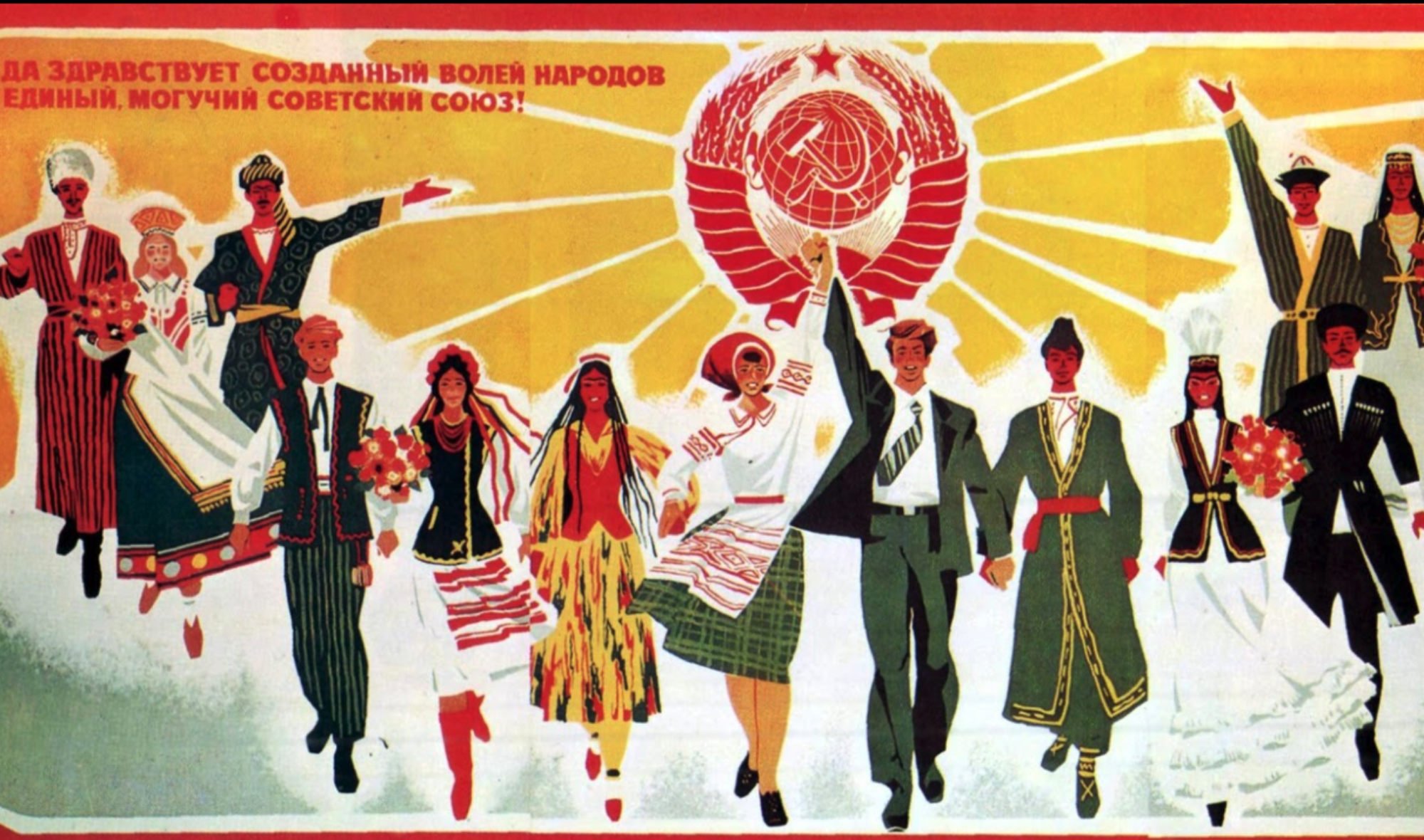The necessity of cultural reform in Central Asia by Soviet policy was apparent to administrators was obvious even as the first entered the region. The key point of the cultural conflict between the indigenous groups and Soviet officials was in the policy of Hujum. Hujum much like other policies was ripe with Soviet bureaucratic failures and ineffective failures which came to a head in the Chust affair. The affair demonstrated that the lack of Soviet executive control and meant that officials could not apply policy effectively enough for the policy to succeed. This lead to a failure of the policy overall despite official reports speaking of the absolute success of the program. For Jahon Obidova however Hujum worked to produce the exact the result Soviets hoped for. An ardent Communist that held party ideas above those that her culture gave her. “You said according to sharia exploitation was forbidden, and all Muslims should live in conditions of equality. So then why do you yourself own about 70 percent of the land?” pg 312. She used the communist infrastructure to advance far beyond the situation she found herself in. She then used her platform to promote women’s rights in the region.
While Soviet application of the Hujum was inadequate and ended with many woman who deveiled, reveiling. There is still the more important question of if this program was properly reported on and administered effectively, whether this policy would have been to the legitimate benefit of the majority of women in the region? The question of forced unveiling is a part of the policy, there is also equality under law which was a part of the program. Is forced legal reform as much a violation of Islamic culture as forced unveiling? Is forced unveiling a legitimate way to promote women’s rights? Does Jahon stand as an example of what a woman should do to advance herself and other women or did she betray her people to get ahead? Can her situation be attributed to other woman at that time?


I am not sure if betray is the right word for Jahon. To betray someone means that you initially had the agency to consent to something and then decided to withdrawal that support. From what I can tell from Jahon’s biography is that she was not born into a family/society that gave any cares about her personal autonomy. Because of socio-economic circumstances, she was a child-bride who was further abused by the women within her husbands family. By leaving and casting off the veil, she was given the ability to negotiate within society – that is the first action of agency. It is important to note that the veil represents patriarchal structures of injustice in Jahon’s view. I am not sure that unveiling in itself is a form of women’s liberation; the dogma attached to the veil and right to wear or not wear a veil is more encompassing of a question. In short, being veiled or not should have to effect on your ability to engage as an active participant in the places you live.